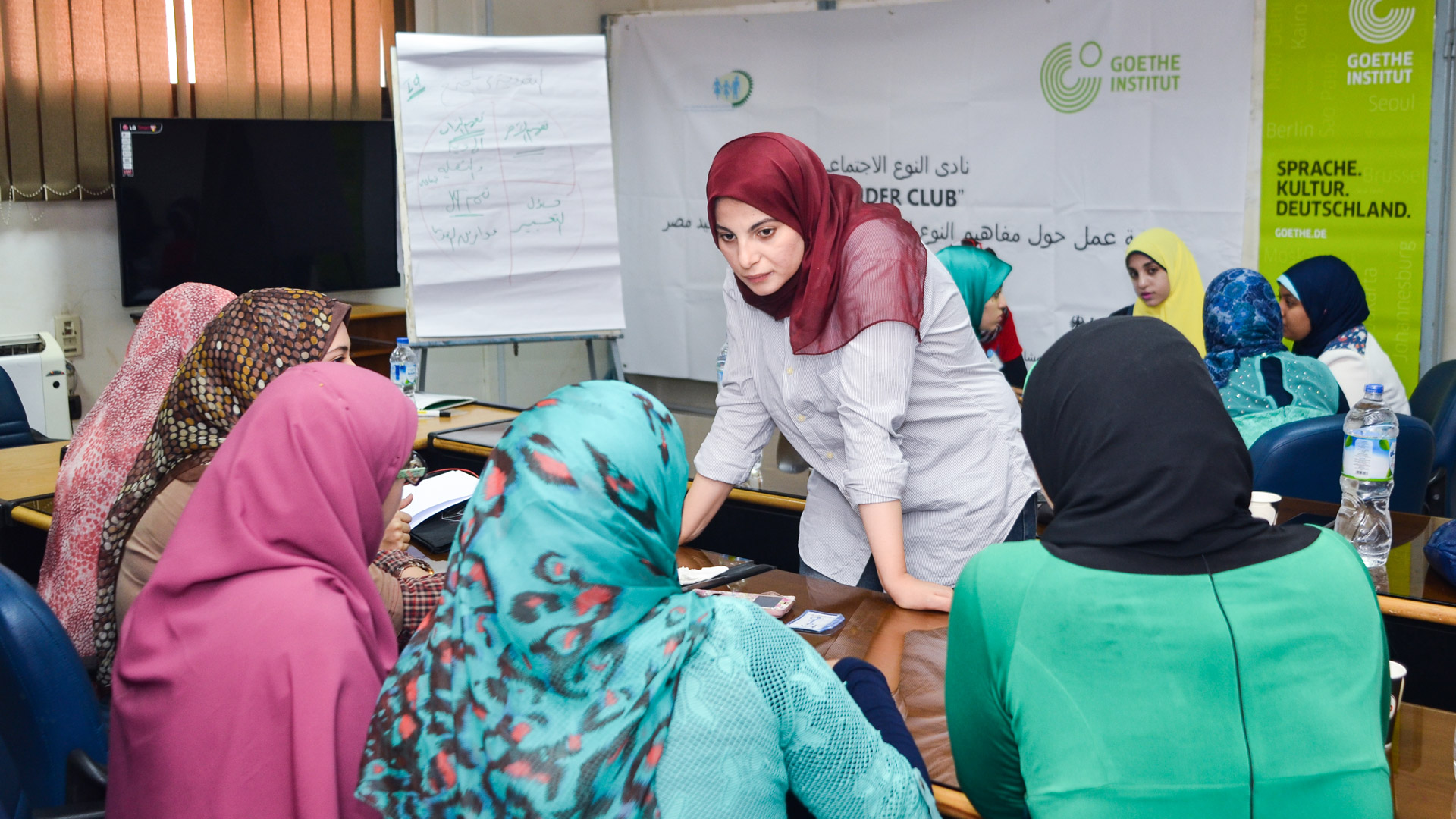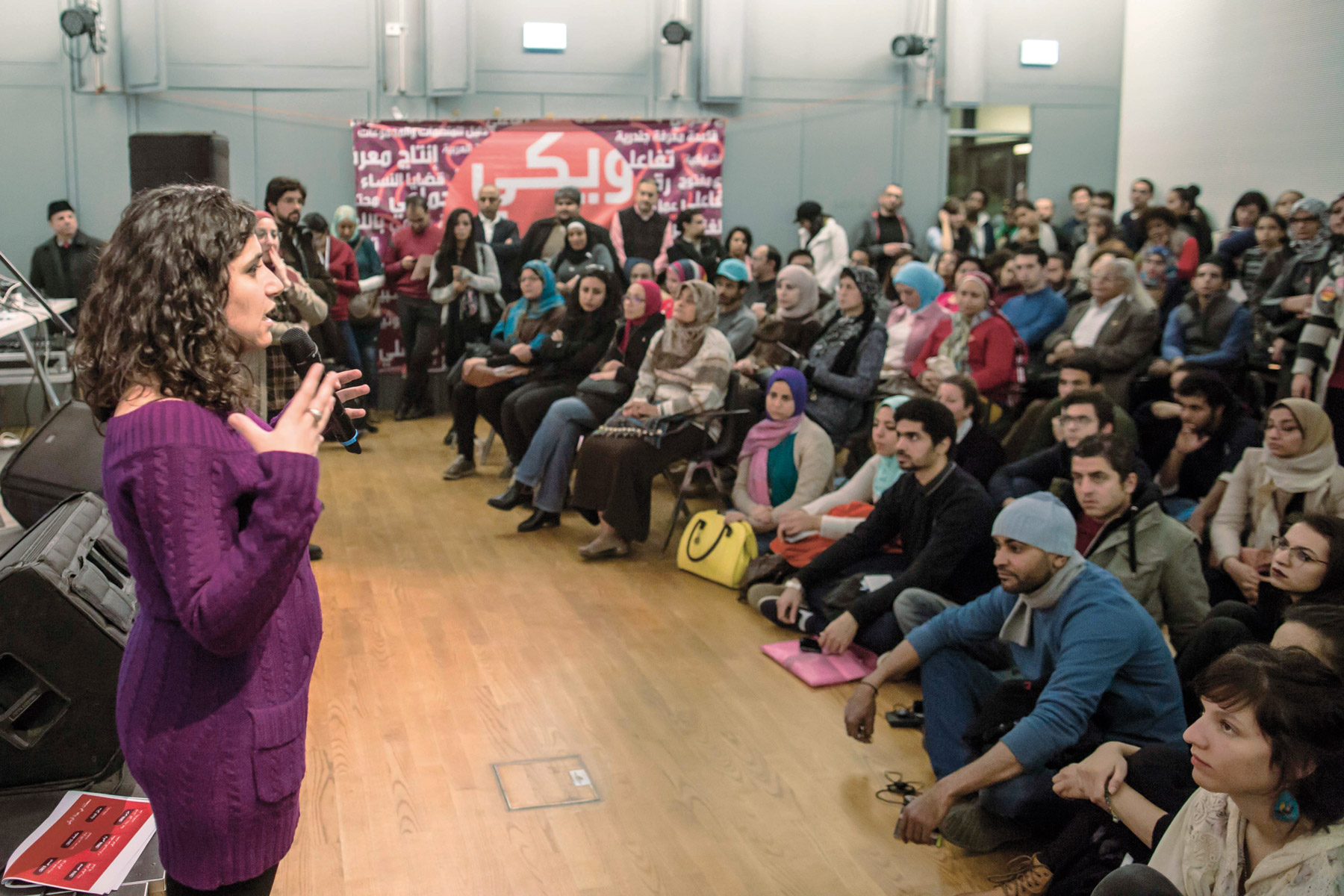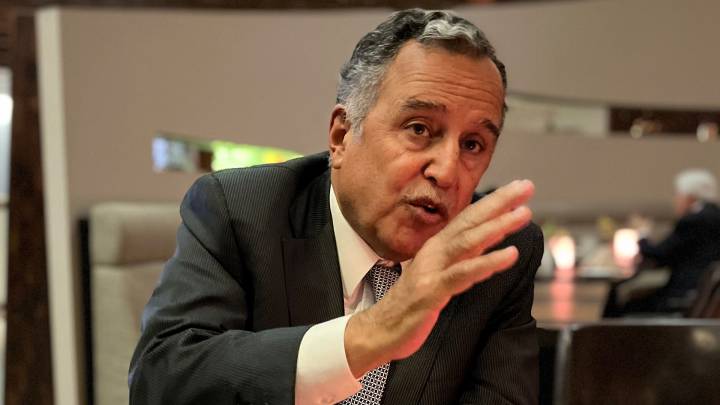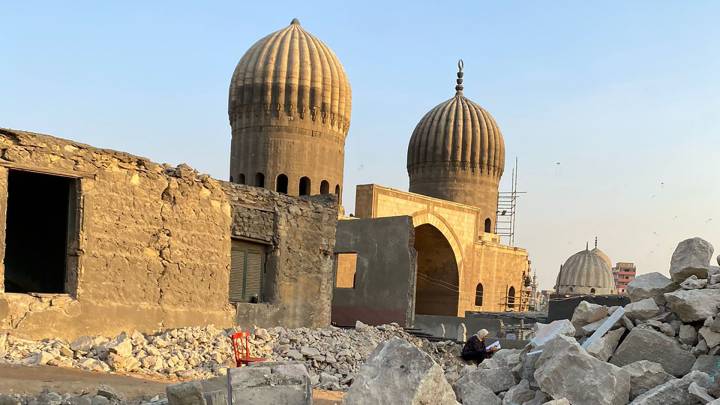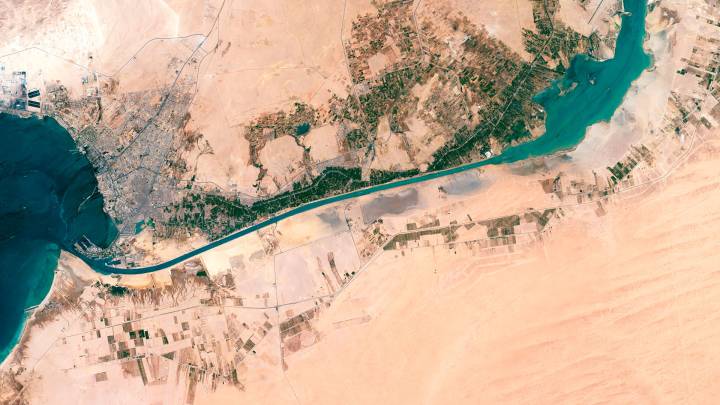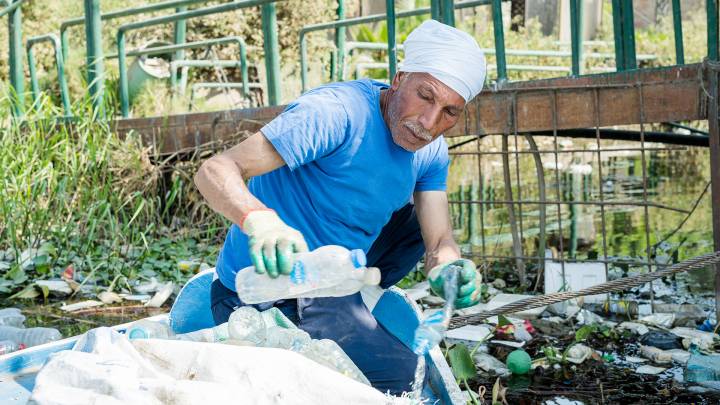Discrimination against females in Egypt is a common occurrence, yet conversation and dynamic workshops can help women – and men – see the problems more clearly and to take a stand against intolerance.
When Hoda Kandil decided to quit her studies as a pharmacist in the Nile Delta city of Mansoura to pursue a career as a psychologist in Cairo, her family did not take it well – an all-too-common story in a country where women are still expected to prioritise homemaking and childbearing. It took Kandil three years to convince her family she could move away and become financially independent.
The point is to move out of this imaginary prison we’ve placed ourselves in because of gender. In Egypt’s capital, the young woman began working on the rehabilitation of victims of violence, particularly women with limited access to legal assistance or psychological counselling. She also attended a civic education workshop organised by the Goethe-Institut, and immediately recognised she had found a new outlet to continue her work on gender issues, using tools from the training programme.
“The training was really different from anything I had experienced before. Rather than just giving us information or teaching theories, the trainers focused on techniques,” she said. “You discover the importance of their processes and manner of teaching as you go along.”
Workshop applicants are screened for those who are already active in their communities, so that graduates can in turn implement their own training programmes, whether through the Goethe-Institut or independently.
Kandil now works as a freelance trainer, leading workshops on gender identity in Upper Egypt, one of the country’s most traditional and conservative regions. Girls here are often pulled out of education after primary school and kept at home, while obtaining a career is difficult – women in rural areas are 17 times less likely to land a job than men, according to a 2016 study by the Population Council, a US-based research centre.
Kandil customises her workshops to challenge participants to explore and confront the hold that gender perceptions have on all of our lives. “At first these ideas might seem alienating,” she says, “but once the participants see how gender touches on everything, from what we eat and drink to how we dress, it all becomes a lot more relevant to their lives.”
Romaissa Saadany, a student of sociology at the University of Minya and one of Kandil’s workshop participants, has experienced these challenges first-hand. “A woman in Upper Egypt is seen as a burden, a guest in her father’s house, and the assumption is that she will eventually move on to her husband’s,” says Saadany. “In Upper Egypt, people look at a girl as very much a girl. You can't escape the limitations of that, and I’ve learned that that limiting gaze is a form of violence in and of itself.”
Saadany says the gender training she participated in with Kandil last October was like “looping a thread through a needle”, giving her the energy to shake up the order of her life. Saadany applied for and was accepted into the position of junior representative on Egypt’s National Council for Women. “This is a step I would never have had the confidence to take if I had not taken this course.”
Changing male attitudes is another way to tackle gender intolerance. Shady Abdullah, a trainer specialising in theatre and art, worked with the Goethe-Institut last year to carry out workshops in the Upper Egypt city of Sohag and the coastal city of Alexandria, tackling gender with students of public schools.
The initial plan was to work with young boys only, but Abdullah was worried this would end up reinforcing the idea of men as protectors of women, pressuring them into their socially assigned gender roles even more. The workshop run by Abdullah and a female co-facilitator was then opened to young girls as well, tackling common and shared struggles because of gender. For many of these 13-year-old students, it was the first time they had actually sat in a room with the opposite sex to have a conversation.
At the start, the boys were hesitant to show weakness, but after four hours of storytelling and theatre exercises their hostility began to melt away. Students were surprised by how much they had in common, says Abdullah. “Masculinity is so internalised from a young age, but men don’t realise how they also suffer because of gender roles. Prompting men to examine their own struggles and weaknesses first, not giving them instructions on what a man ‘should’ or ‘shouldn’t’ do, is a very important first step in order to have this conversation.”
Kandil herself often recounts her own journey to workshop participants, as a way to illustrate that “minor but significant successes are possible” without confronting society head-on. “Everyone has their own way of achieving these successes, but the point is to move out of this imaginary prison we've placed ourselves in because of gender,” she says. “In the end, we know these barriers can be shifted.”
Writing a new narrative of gender and feminism in Arabic
While gender discrimination is an age-old problem, technology is providing new tools to combat it. In 2010, Harassmap was launched, an initiative using mobile technology to report and map incidents of sexual harassment on Egypt’s streets.
Habiba Mohamed, a programme manager with Harassmap, is now a member of a group working on Wiki Gender, an online platform to aggregate and organise Arabic resources on gender issues and make them available online to a wide audience. The project came out of a series of discussions initiated by the Goethe-Institut in 2015 between organisations working on gender issues to share ideas and resources.
The online platform is supported by the Goethe-Institut and technically implemented by the Arab Digital Expression Foundation (ADEF). Farah Barqawi, who has worked with ADEF and is one of the founders of the popular Uprising of Women in the Arab World page on Facebook, is also working on Wiki Gender. She says the project is also an attempt to create an alternative history with a feminist focus.
“Women’s rights movements in the Arab world didn’t start yesterday, but there’s so much we don’t know because it’s not documented,” says Barqawi, a Palestinian living in Egypt for the past eight years. “We also want to produce new content in Arabic so researchers from the region aren’t limited to narratives by official institutions.”
